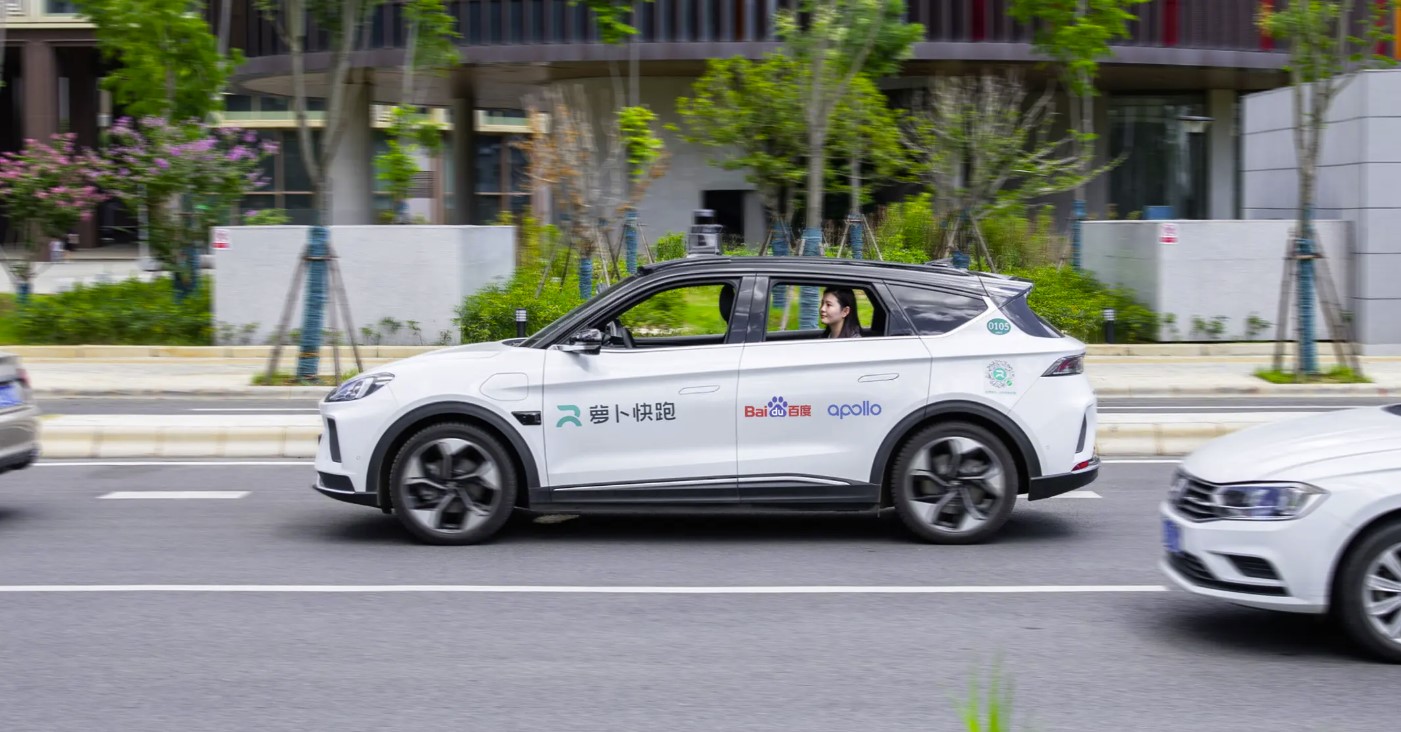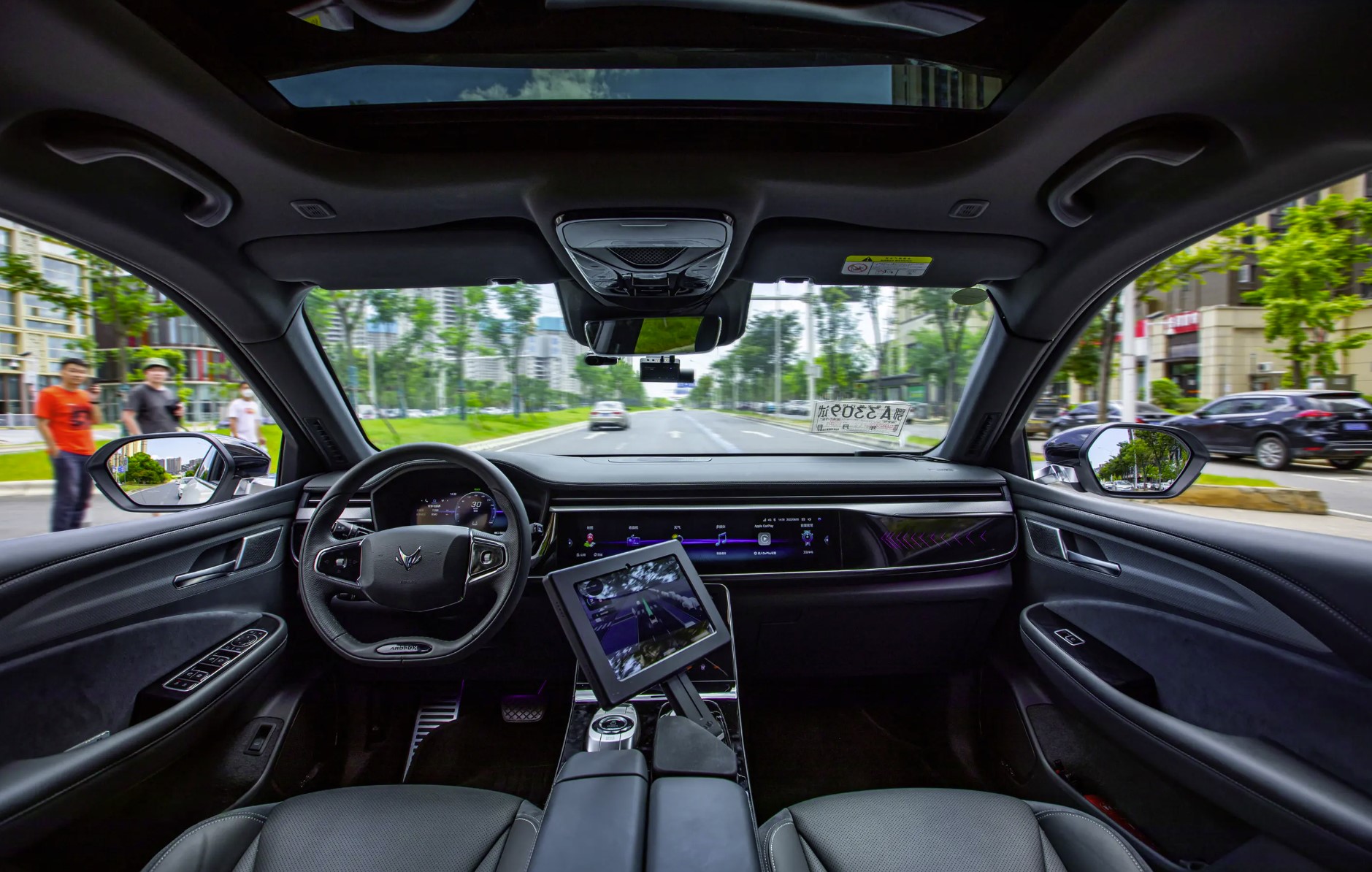Baidu is the first company to offer driverless robotaxi services in China

China's first completely automated, commercial taxi service – with no safety drivers – is set to launch in Wuhan and Chongqing, signaling a turning point in one of the century's most significant technological revolutions. It feels like driverless Johnnycabs have been around for a decade now, but they're finally beginning to become available. In June, Cruise began a late-night completely driverless service in the San Francisco suburbs, becoming the first commercial robocab firm to offer rides without a backup driver.
China just upped the ante. The two permits, which were just issued, enable Baidu to charge for driverless rides within a 13-square kilometer (5-square mile) area in Wuhan between 9 a.m. and 5 p.m., as well as within a larger 30-square kilometer (11.6-square mile) zone in Chonqing's Yongchuan district between 9:30 a.m. and 5:30 p.m., thus while they are presently scheduled to avoid peak hours, they will be mixing it up with lots of daytime traffic. Each region will feature five 5th-generation Apollo trains, with remote operators ready to take over if anything goes wrong. The homes will be monitoring the vehicles' camera systems very closely in these early stages, especially since they're unfamiliar.

Baidu's Apollo Go is already the world's largest robotaxi firm, with operations underway in all tier-one Chinese cities after introducing its fifth-generation car and backup drivers. The company recently unveiled its sixth-generation design, touting it as the first ground-up fully autonomous vehicle for mass production. Baidu says that the Apollo RT6 will cost just RMB 250,000 to produce when it goes on sale commercially in 2023, making it one of the first true mobility pod-type services.
We'll undoubtedly see a lot more of these initiatives emerge in the months and years ahead. Each is a step toward a potentially cheaper, safer, and more convenient mobility service, but they're also the first nails in the coffin of a major sector.
According to Daxue Consulting, China has 30 million drivers working in ride-hailing services alone. This does not include taxi and delivery drivers, truckers, bus operators, or a variety of other professional drivers. It appears that within a decade and a half, all of these types of vehicles will be able to drive completely autonomously, replacing human drivers at lower costs and greater safety. That will be a huge group of mostly middle-aged males out on the pavement, and governments should certainly consider it a societal time bomb in the making.
Source: newatlas.com